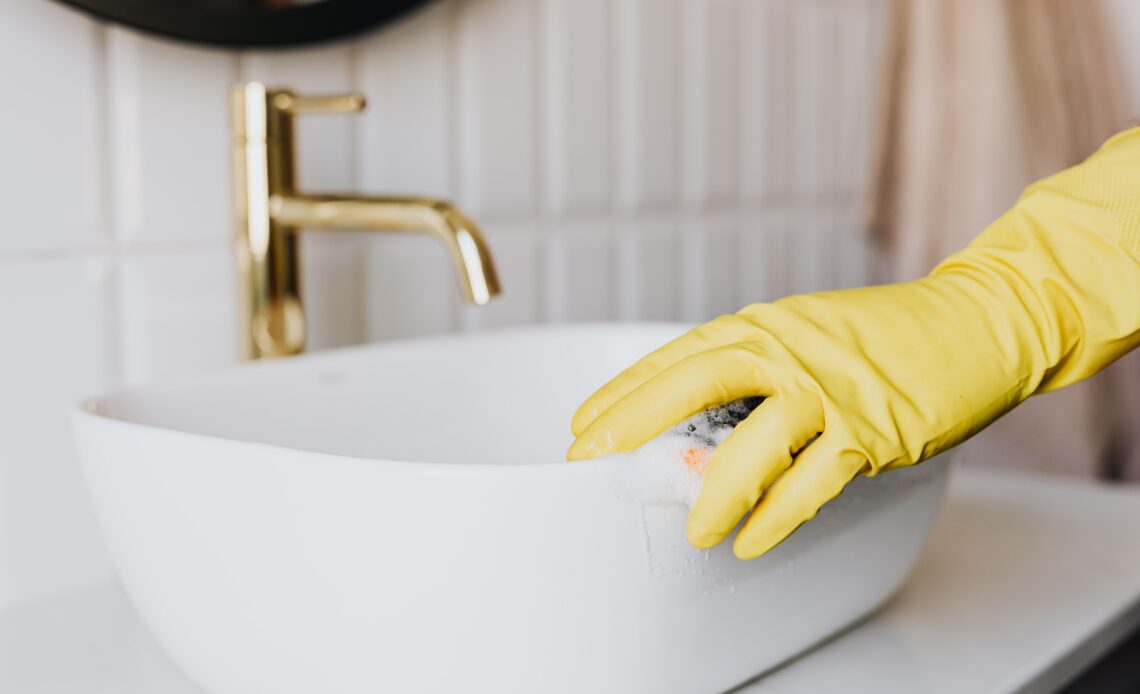Here is what you have to keep in mind if you have a domestic worker.
Few will argue that domestic workers are essential workers. Not only do they keep our homes and spaces clean, but they also give us time to pursue our careers and passions. Despite this, they are often underpaid.
According to the fourth annual SweepSouth Report on Pay and Working Conditions for Domestic Workers Across Africa, “domestic workers are among the lowest earners in most nations and often get minimal protection from legislation related to other workers.”
Last month, President Cyril Ramaphosa announced that there would be sweeping changes to better the lives of domestic workers, acknowledging the need for them to be granted greater protections. Speaking on the campaign trail in Ekurhuleni, Ramaphosa acknowledged that the current minimum wage for domestic workers is low.
READ MORE:
“At the time we introduced the national minimum wage we recognised that farmworkers and domestic workers are particularly vulnerable to unemployment. Together with our social partners at NEDLAC we, therefore, established a slightly lower minimum wage for these workers. With time this is going to catch up,” he explained.
Ramaphosa added that the: minimum wage is expected to be aligned with the general minimum wage in 2022.
Solidarity notes that “The minimum wage that valid from 1 March 2021 requires that domestic workers be paid R19,09 per hour. The minimum wage for domestic workers is still less than the general minimum wage which was increased by 4,5% and currently stands at R21,69 per hour.”
Currently, the law states that a domestic worker who works a full eight hours a day for five days a month should be paid R3 054.40 per month.
According to 1life, this is less than what is needed to survive. The amount needed is almost doubled at “ just over R6 800 a month. These calculations are made by working out actual living expenses.”
The SweepSouth report found that currently “domestic workers and their households are sacrificing variable-cost items like food to stretch their earnings.
“It is important that we applaud the people who do this type of work, for as they do this work, they keep the social fabric of this country together,” Ramaphosa said.


